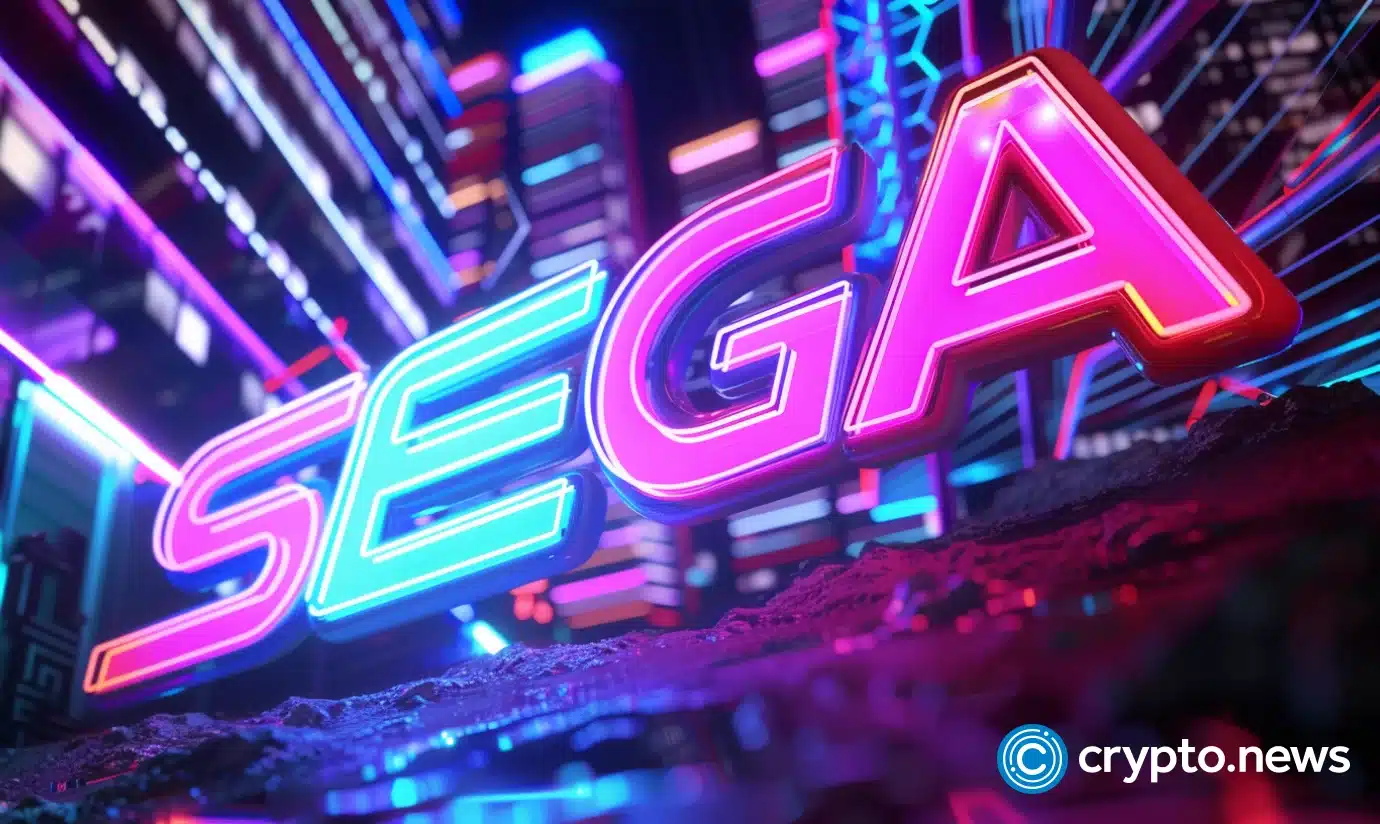Gaming giant Sega recently announced a strategic shift to integrate blockchain technology into its operations.
The move comes as the Tokyo-based company faces a downturn in its financial outlook due to poor game sales during the 2023 holiday season.
Sega, known for iconic franchises like Sonic the Hedgehog, has fallen on hard times. Titles like “Sonic Superstars,” “Endless Dungeon,” and “Total War: Pharaoh” didn’t perform as expected.
Accordingly, Sega lowered its sales and profit forecasts, mainly citing the poor performance of new product launches in the third quarter of the fiscal year (Q3).
The background to Sega’s financial difficulties includes a broader video game industry trend where market expansion has stalled in key regions such as Europe and the United States due to a worsening economic environment driven by inflation.
With game development costs rising, Sega is at a crossroads where it must adapt to an evolving business environment. However, the company remains optimistic about the long-term growth of the gaming market, driven by the diversification of its service offerings and its ability to deliver content globally regardless of device or platform.
Segawa Web 3
In a move that can be seen as a response to these challenges, Sega has entered the blockchain gaming space.
The company, which first launched in 1960, announced a partnership with Japanese blockchain company Double Jump Tokyo to develop the first blockchain-based video game. The plan will leverage Sega’s intellectual property in a SEGA-licensed digital collectible card game that will be released on the Oasys HOME Verse L2 network.
Based on the Romance of the Three Kingdoms mythology and utilizing the Battle of the Three Kingdoms series IP, the game represents Sega’s foray into the burgeoning blockchain and NFT sectors within the gaming industry.
Strategic pivots are not without context. The gaming industry at large has been exploring the potential of blockchain and non-fungible tokens (NFTs) despite criticism over concerns such as environmental impact and ethical considerations.
Giants like Konami and Atari have already begun selling digital items as NFTs, marking a shift towards digital ownership and monetization of in-game assets.
And in February, PC strategy game Blocklords airdropped 300,000 LRDS tokens to players and NFT holders. Blocklords GameDrop plans to hold a total of five airdrop events, with the second event already underway.
Sega’s exploration of blockchain technology, marked by its partnership with Double Jump Tokyo, is part of a broader industry trend to embrace new technologies. These efforts could redefine the future landscape of gaming.
Sega’s venture into blockchain gaming could potentially offset some of the financial pressures it faces by creating new revenue streams and engaging a diverse segment of gamers interested in the digital collectibles space. While the company is struggling with its existing gaming portfolio, incorporating blockchain technology and NFTs into its strategy could pave the way for a new era of gaming based on digital ownership and global accessibility of games.
As Sega navigates its current financial challenges, its move toward blockchain gaming highlights strategic adaptation to changing market dynamics and consumer preferences. The company’s ability to innovate and embrace new technologies will be critical to its efforts to remain competitive in the evolving gaming industry.

